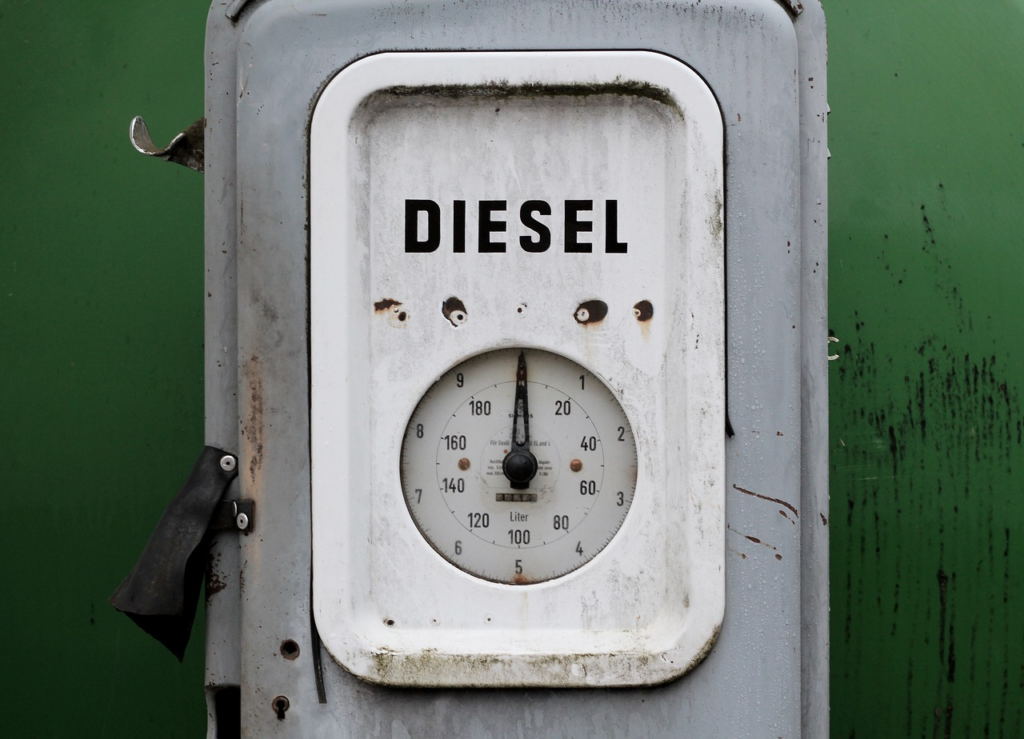The UK has pledged its commitment to decarbonizing transport by including an advanced low carbon fuels from waste subtarget in its Road Transport Fuel Obligations (RTFO). This promotes cutting edge technologies to reduce transport emissions without increasing reliance on imported oil imports.
This has increased demand for waste feedstocks such as rape-mustard oil and other waste oils used to produce FAME Biodiesel, driving up imports of both ethanol and HVO. However, the UK is doing excellent at reshaping the industry, regardless and if you read on, you’ll learn why.
Global Green Fuel and Biodiesel
As global oil prices surge and climate change becomes ever more urgent, many people’s attention has turned towards decarbonization of road transport. While electrifying vehicle fleets is one way to tackle this problem, other solutions must also be found quickly to provide immediate solutions for millions of existing European diesel vehicles likely to remain on roads for many years to come – this is where sustainable biodiesel comes in handy.
Liquid biofuels for transport and biomass-based electricity and heat generation have already proven themselves as important parts of a low carbon energy mix in the UK. Production, such like that at Syntech, is supported through incentives provided through schemes like Renewables Obligation/RHI that reward producers who generate certain percentages of their power from renewable sources; at the same time, Renewable Fuel Obligation/RHI also encourage the production of biodiesel, which has proven its sustainability and reliability over time.

The UK is leading the charge in biodiesel development. Their first commercial production plant opened for business in 2007, while they’ve pioneered new methods of turning feedstocks into biofuel. Research is being done into using algae as an oil source to make biofuel. While biofuels offer energy sources with potential energy benefits for production purposes, concerns over environmental impact should also be considered when making their decision.
European-produced biodiesel plays an essential part in helping Europe achieve its green transport goals, from cutting dependency on fossil diesel and animal feed imports, to stimulating rural economies and fighting climate change. European Biodiesel Board urges policymakers to amend EU’s Renewable Energy Directive (https://energy.ec.europa.eu/topics/renewable-energy/renewable-energy-directive-targets-and-rules/renewable-energy-directive_en) so as to include an increased target for renewable energy use in transport sectors – something which would benefit sustainable biodiesel producers while helping Europe meet 2020 greenhouse gas emission reduction goals.
The 2050 UKERC REF scenario projects that the amount of renewable bioenergy consumed in the UK will significantly increase to 259 TWh, with most coming from crop-based feedstocks (146 TWh). Energy recovery from agricultural waste would add an additional 146 TWh in this scenario; imports would contribute 70 TWh; the remaining 70 would come from domestic sources, most often providing liquid biofuels for transport but also including biomass-based electricity and heat production.

The European Biodiesel Scene
European biodiesel production has quickly emerged as a critical pillar of both agricultural and energy economies in Europe, supporting millions of hectares dedicated to growing oil crops such as rapeseed or sunflower for production of green fuel. Since the first EU “biofuels directive” entered into force in 1992, biodiesel has expanded significantly into an integral component of European transport fuels.
However, with global environmental concerns increasing at an ever-greater pace, biofuel sectors face unique challenges. Political actors and stakeholders are now exploring different approaches for biofuel governance – one example being the so-called REDII proposal which seeks to phase out conventional biofuels from Europe’s transportation sector by 2030 while increasing low emission alternatives’ use.
The REDII proposal is currently undergoing public consultation and its final version should be published by spring 2021, offering stakeholders an important opportunity to collaborate on shaping this process.
The proposed REDII directive contains some serious shortcomings that must be addressed immediately. For instance, its proposed implementation would eliminate sustainability criteria for imported biodiesel imports and reduce quotas for biomass in the transportation sector from 27% to 7% by 2030; both actions would diminish Europe’s global leadership in renewable transport fuels while increasing EU dependence on fossil fuels.
As a response, various stakeholders have set up their own sustainability schemes with the hope that the European Commission (EC) will recognize them as certification bodies. Unfortunately, such initiatives cannot fulfill market demand for sustainable biofuels as mandated by policy, nor guarantee their availability (certified or otherwise).

The Future
The UK is currently a net importer of liquid biofuels such as palm, soya and rapeseed oils, with imports increasing rapidly due to rising demand for low-carbon alternatives to fossil fuels. Unfortunately, biofuel production can often lead to the exploitation of natural resources and human rights abuses; for instance palm oil production contributes significantly to deforestation, biodiversity loss and greenhouse gas emissions.
Is use contributes significantly to air pollution and health risks, with land grabs occurring along production chains as well as land grabs occurring along production chains – something palm oil production alone can bring with its production chain complexity resulting in massive deforestation of natural resources while air pollution impacts as well as abrogation of farmers’ and indigenous communities’ rights being another significant aspect.
Green Alliance’s recent report, which you can read here, proposes that the UK should prioritize investments in alternative fuel technologies such as zero and near zero emission vehicles as an effective approach to carbon reduction rather than increasing biofuel usage in the transport sector. Financial support should also be directed at those options with maximum impact in terms of carbon reductions versus increasing biofuel usage that increases greenhouse gas emissions while devastating food crops.
It was also recommended that the Government restrict liquid biofuels to 10% of total energy demand by 2050 to avoid an impactful level of bioenergy penetration that could negatively influence food products availability and pricing.
Like I touched on above, the Zero Carbon Britain 2030 (ZCB2030) Project, which was funded by the government, provides an enticing alternative scenario for 2050. It entails a “Power Down” of UK energy, heat, and electricity demand through stimulating behavioral changes and new technology adoption, followed by “Power Up” of renewables to stimulate economic activity. Among other measures it calls for reductions in livestock numbers as well as development of energy crops which reduce methane emissions while freeing up land to grow plants that sequester carbon sequestered through energy crops which would eliminate methane emissions while freeing up land to cultivate carbon sequestered crops which sequester carbon; simultaneously it would effectively restrict/embargo imports/imports.
